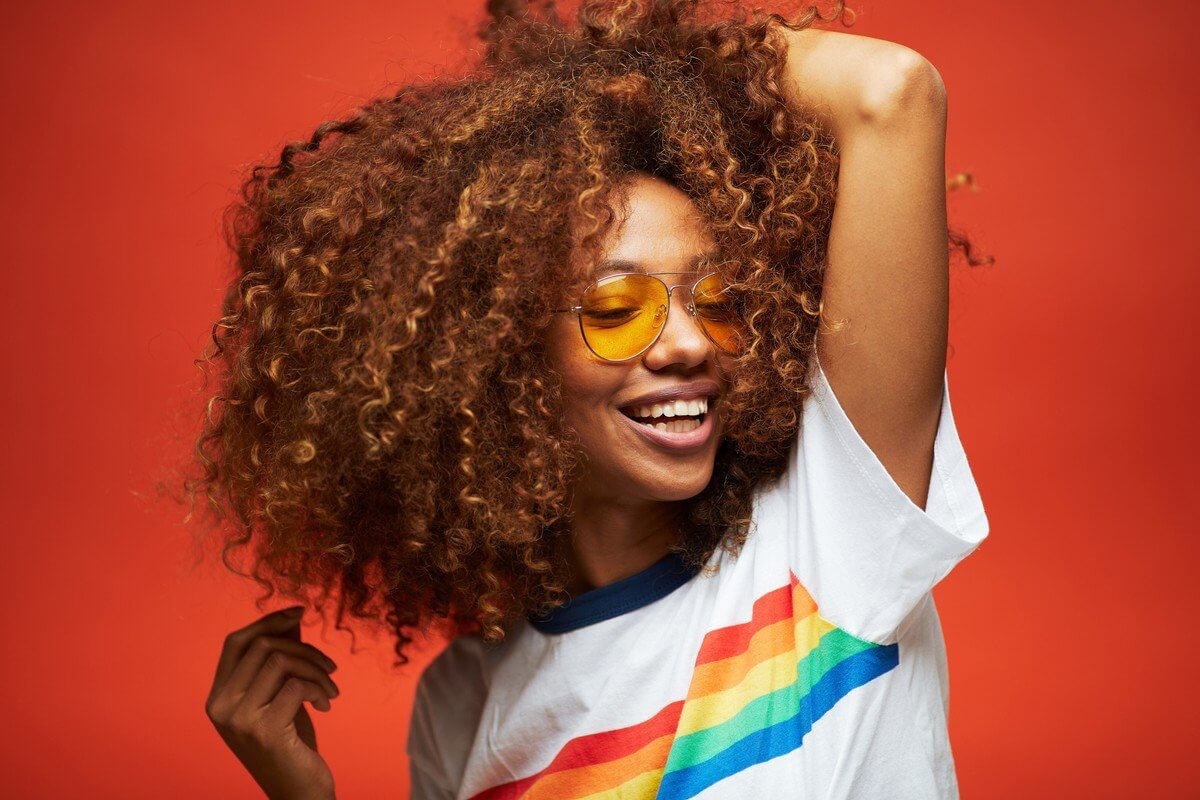It’s Sunday morning, I get to dress up like a princess and go draw pictures with other kids my age while my grandmother gives me candy for being a good girl and sitting in my seat. I didn’t know what they were talking about nor did I care. That was the weekly routine until I was about 7 or 8 years old, when my parents decided to pull me out of church so I could form my own views. Later I started discovering my sexuality and in turn was met with internalized homophobia.
Religion has always been something that fascinated me. Being a bisexual woman I have dealt with a fair bit of internalized homophobia not caused by religion but definitely affected by it.
This is why I decided to explore the relationship between sexuality and religion, in hopes of having a better understanding. According to a Princeton University study: “Americans who identify as lesbian, gay, bisexual, or transgender are significantly less likely than non-LGBT Americans to be highly religious, and significantly more likely to be classified as not religious. The same percentage of each group is moderately religious. About a quarter of LGBT individuals attend religious services regularly, contrasted with 42% of non-LGBT individuals.”
Why are LGBTQ+ people less likely to be religious? Many believe that the reason LGBTQ+ community as a whole is less religious is because a lot of churches and religious centers are not accepting of them. Many lesbian, gay, bisexual, or transgender people feel discouraged from religion due to this fact.


Credit photo: kristel hayes on unsplash.com
I decided to go to a very open and LGBTQ+ friendly church and interview some of the members to discuss their relationship with religion. One person’s story is that of a trans man. He started developing when he was about 8 years old and started to change how he presented himself. He was forced out of his church for possibly being queer. He said: “It’s difficult to find an accepting church, even some of those that claim to be accepting aren’t. They force people out because they have these standards of worship and that’s not what God is about.” He lost religion until he was 14, and this raised a doubt in my head so I asked him: “Why did you go back?”. He said he was feeling very lost and suicidal and was looking for purpose.
Purpose seems to be indeed the main reason why people look to religion. I spoke with the church leader to hear the church’s point of view on accepting LGBTQ+ people into their community. “God calls to love and welcome and God celebrates love. There’s enough evil and hatred in the world that when we find love we need to celebrate it. The Bible is constantly expanding, people like to try and put God in a box but every time he blows out. However, a lot of times churches tend to stick with the traditional view even if it’s not the correct view or God’s view.”
About half of LGBTQ+ individuals say religion is important in their daily lives, this is significantly less than the 66% of non-LGBTQ individuals who say the say thing. My opinion is that the gap is largely due to not being accepted by a church within nearly every religious denomination. Bu there are now supportive groups that have adopted different interpretations about LGBTQ people, and despite that, many individuals wouldn’t join a church even if they found one that was accepting. Religion just isn’t an important factor in some people’s lives such as my own.
Whether you’re religious or not, LGBTQ+ or not, there is something to be learned from both groups. I learned a lot about religion from visiting the church and I’m sure many religious people can learn a lot by speaking to an LGBTQ+ person. All in all, the relationship between religion and the LGBTQ+ community is a tough one, but with time and effort it’s a relationship that could be healed. If you are LGBTQ+ and struggling with your religion, there’s lots of places that will support you and help you through the process, you are not alone.
Written by Sophia Brubaker
The post My Experience of Being LGBTQ and Religious appeared first on LAPP..





